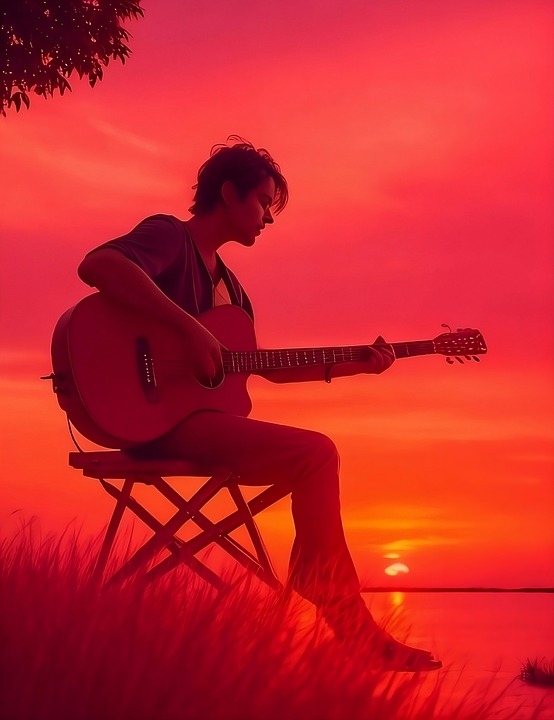The Maestro Inside the Machine: AI’s Role in Assisting Musical Performance
Artificial Intelligence (AI) has infiltrated various aspects of our lives, from healthcare to finance, and now it is making its way into the world of music. Once thought to be exclusively a human domain, musical performance is no longer off-limits to the realm of machines. With the development of AI, the line between man and machine in the world of music is starting to blur, as AI is now capable of assisting and enhancing musicians in their creative endeavors.
AI has been instrumental in helping musicians compose original pieces, generating melodies and harmonies that are both unique and engaging. But its capabilities go beyond just composition. AI algorithms are now being built into instruments themselves, enabling them to respond to a musician’s performance and enhance it in real-time. This new generation of AI-powered instruments can adapt and learn from the musician’s style, allowing for a seamless collaboration between man and machine.
One such example is the AI Bow, developed by researchers at the University of South Carolina. This robotic bow, when attached to a violin, can listen to the musician’s playing and provide subtle adjustments to the bowing technique. Through continuous machine learning, it can analyze the musician’s style and provide suggestions to enhance expression and overall musicality. This opens up new possibilities for musicians to explore their own boundaries and push the limits of their instruments.
Another noteworthy development in the field of AI-assisted musical performance is the work being done by Yamaha. Their AI Music Ensemble System, known as ENSEMBLE, aims to augment the capabilities of individual musicians by creating a responsive and supportive ensemble environment. By analyzing the musician’s performance in real-time, ENSEMBLE can provide complementary accompaniment, enhancing the overall sound and dynamics of the performance. This technology not only enriches the musical experience for the audience but also allows musicians to experiment and perform pieces that would have been unimaginable without the assistance of AI.
AI-assisted musical performance has not been limited to classical music. In the realm of popular music, AI has been used to create virtual bandmates that can accompany solo musicians on stage. These virtual musicians, powered by AI algorithms, can analyze and respond to the live performance of the musician, improvising and adapting in real-time. The result is a unique and dynamic collaboration that brings a whole new dimension to live performances.
Of course, with any emerging technology, there are concerns about the impact AI will have on the future of music. Critics argue that the introduction of AI in musical performance may lead to a loss of human creativity and originality. However, proponents of AI in music argue that it is merely a tool, an extension of the musician’s abilities rather than a replacement. It allows musicians to push the boundaries of their craft, explore new sounds and styles, and ultimately create music that may not have been possible without the assistance of AI.
As AI continues to advance, its role in assisting musical performance will undoubtedly grow. The collaboration between human musicians and intelligent machines opens up new possibilities for creativity and innovation in the world of music. With the maestro inside the machine, musicians now have a powerful ally that can help them navigate uncharted territories, pushing the boundaries of what is possible in musical expression. The future of music has arrived, and it is a harmonious marriage of human artistry and artificial intelligence.

